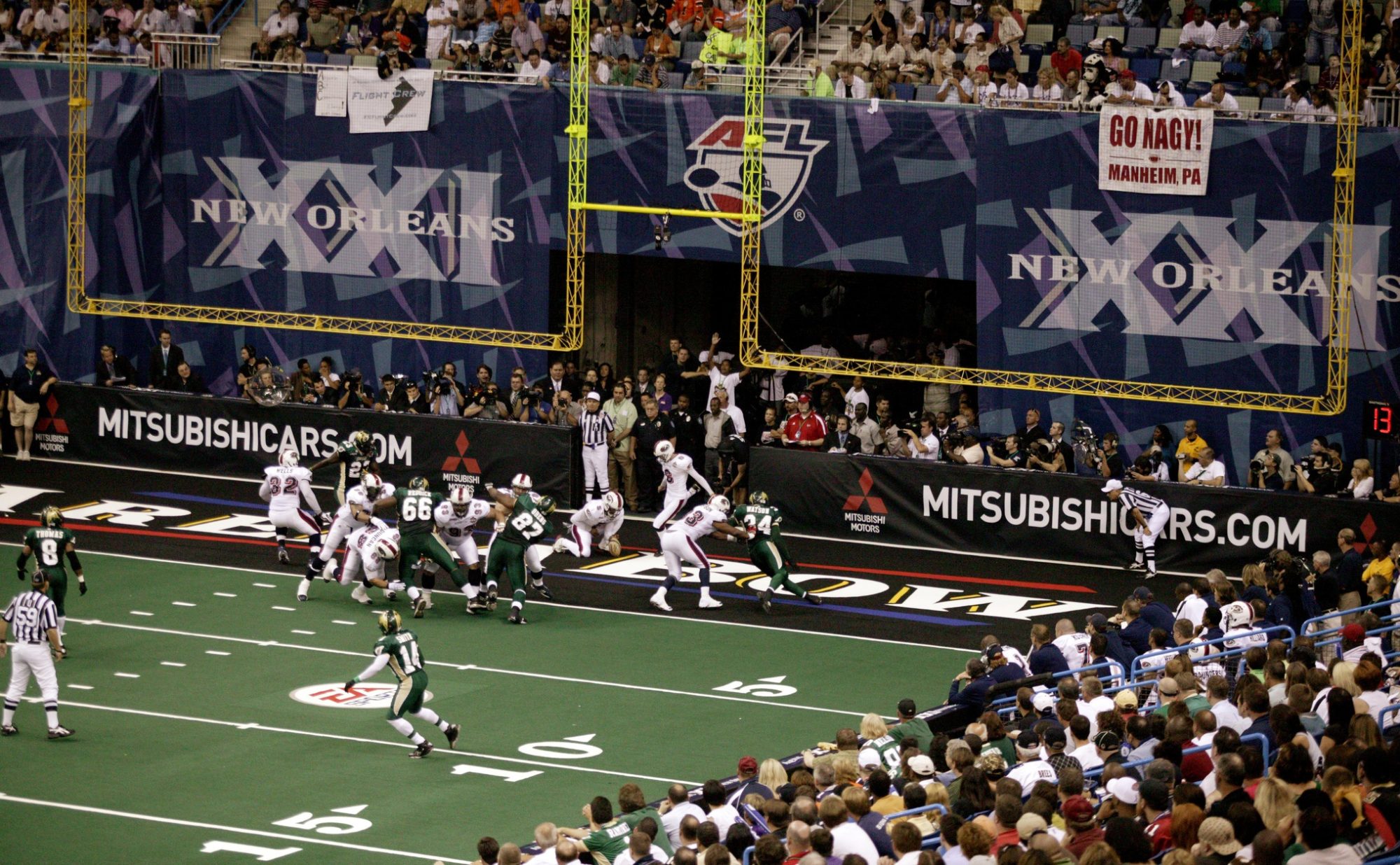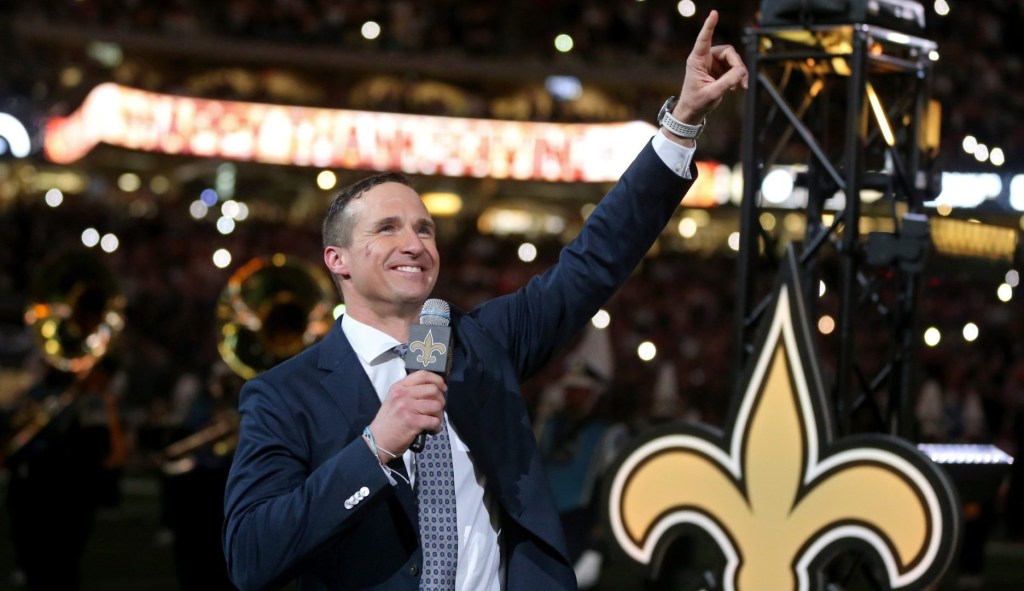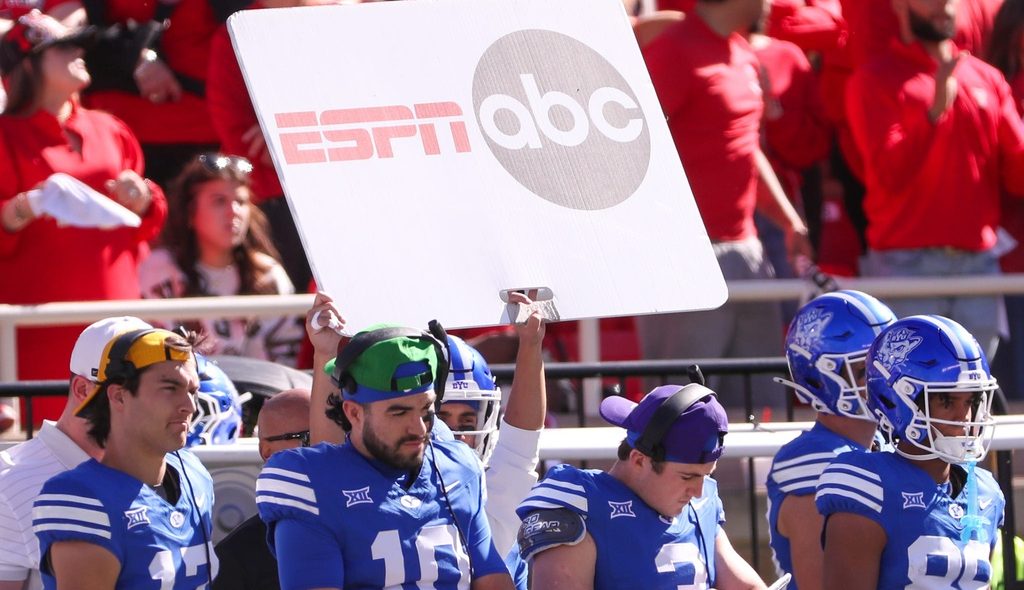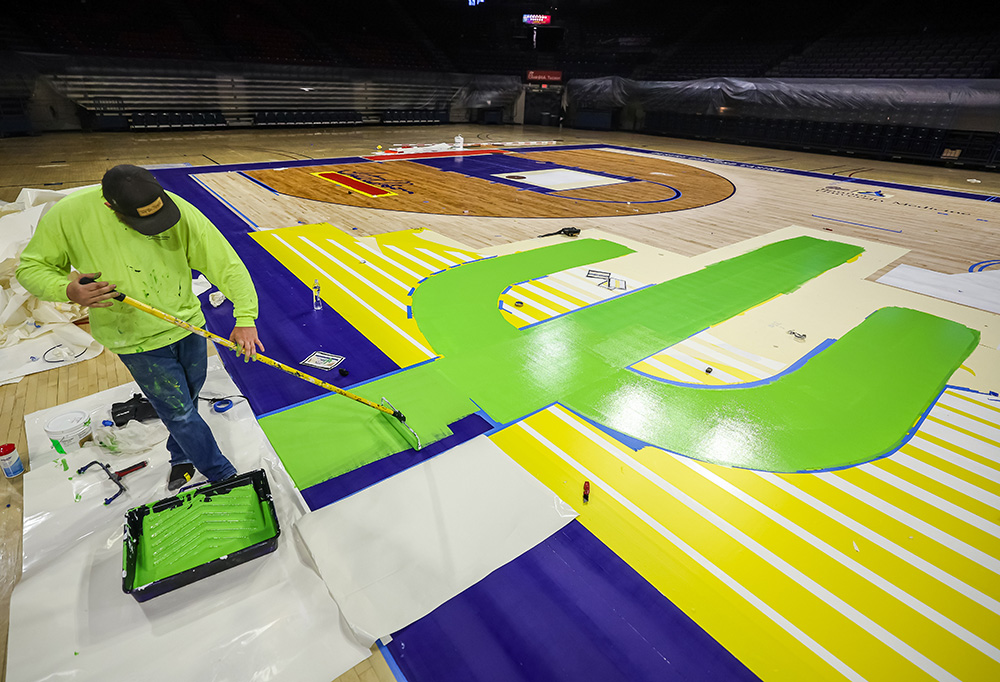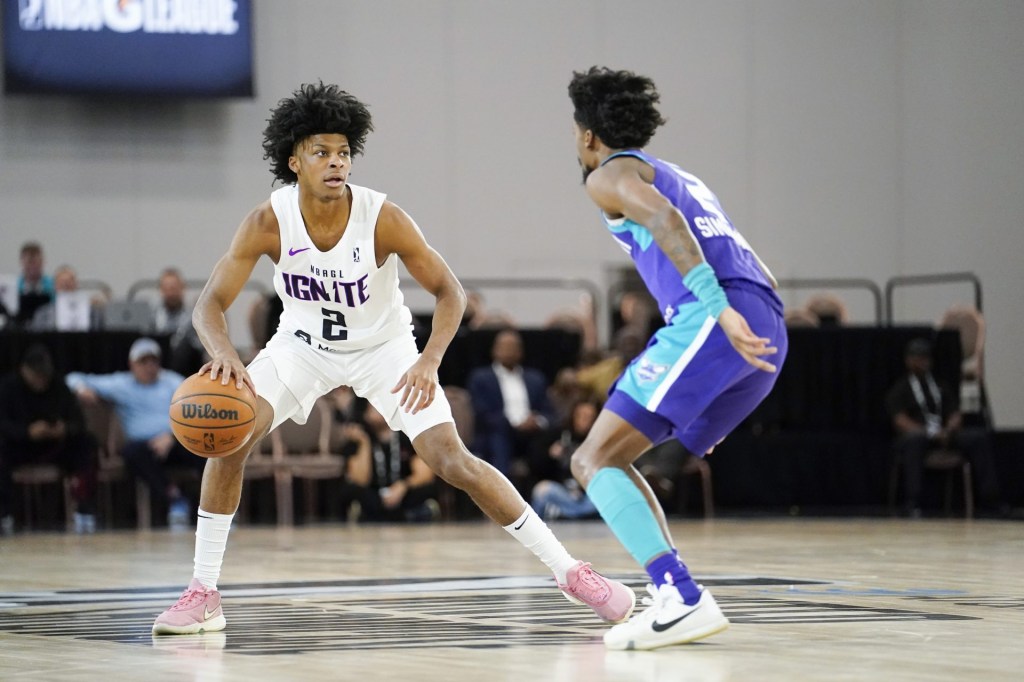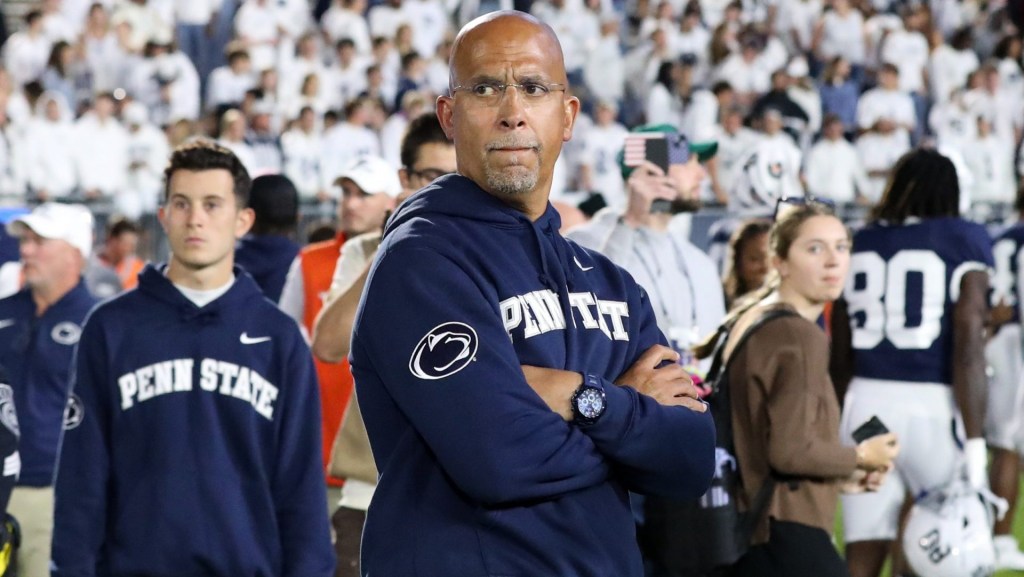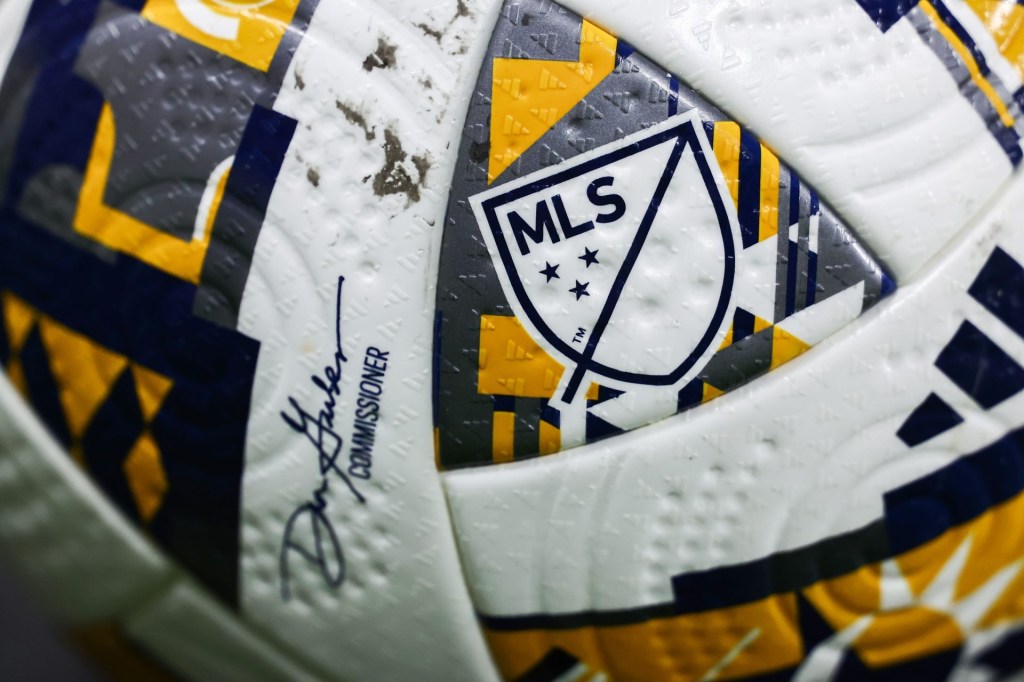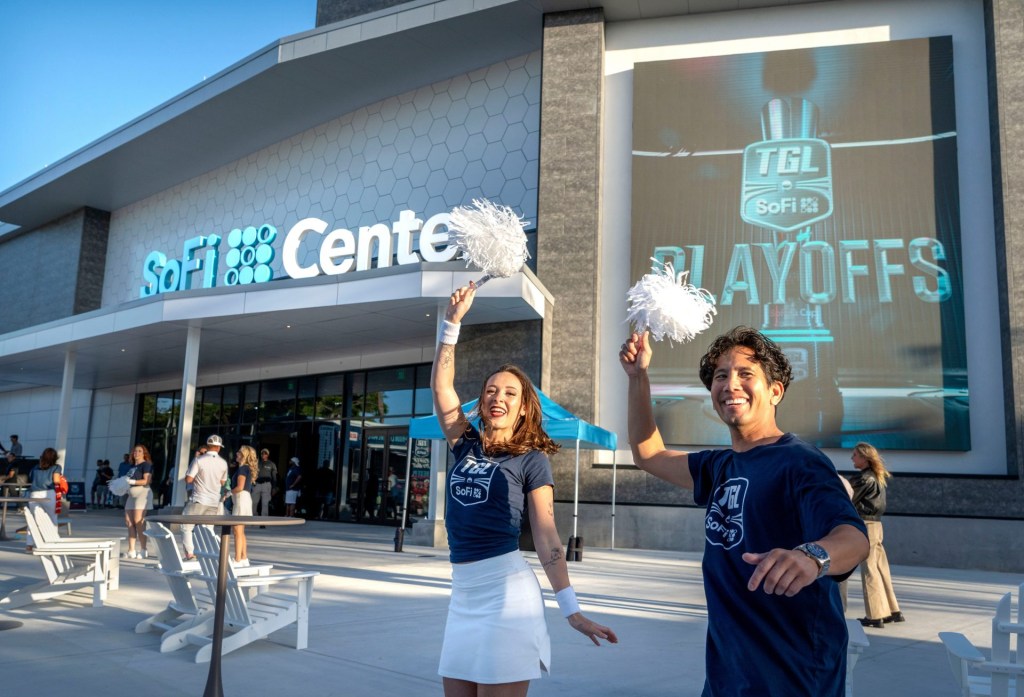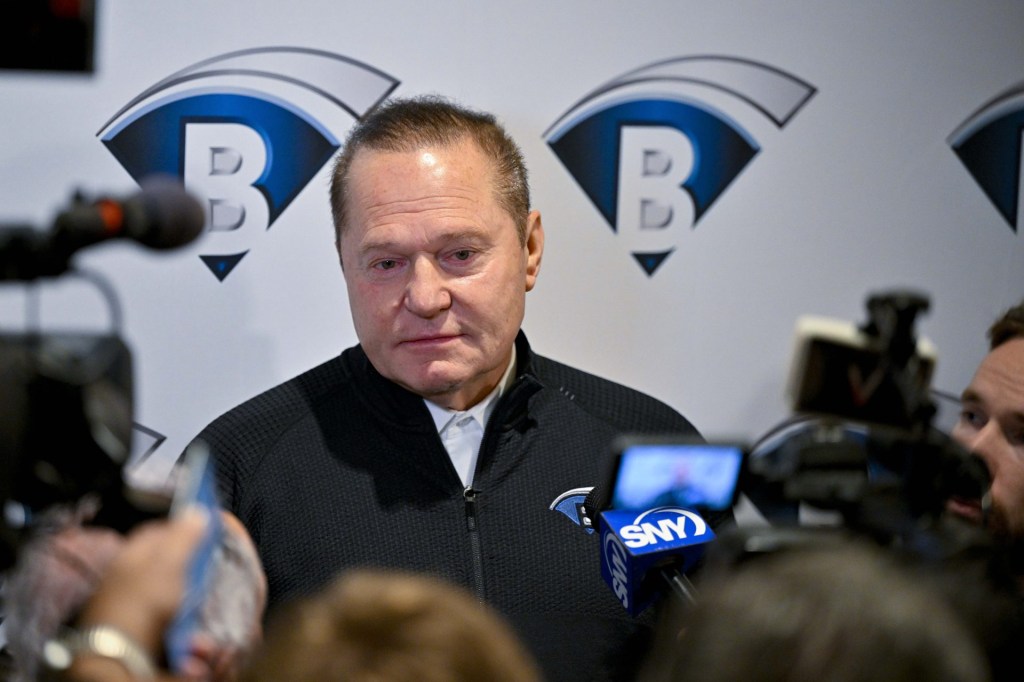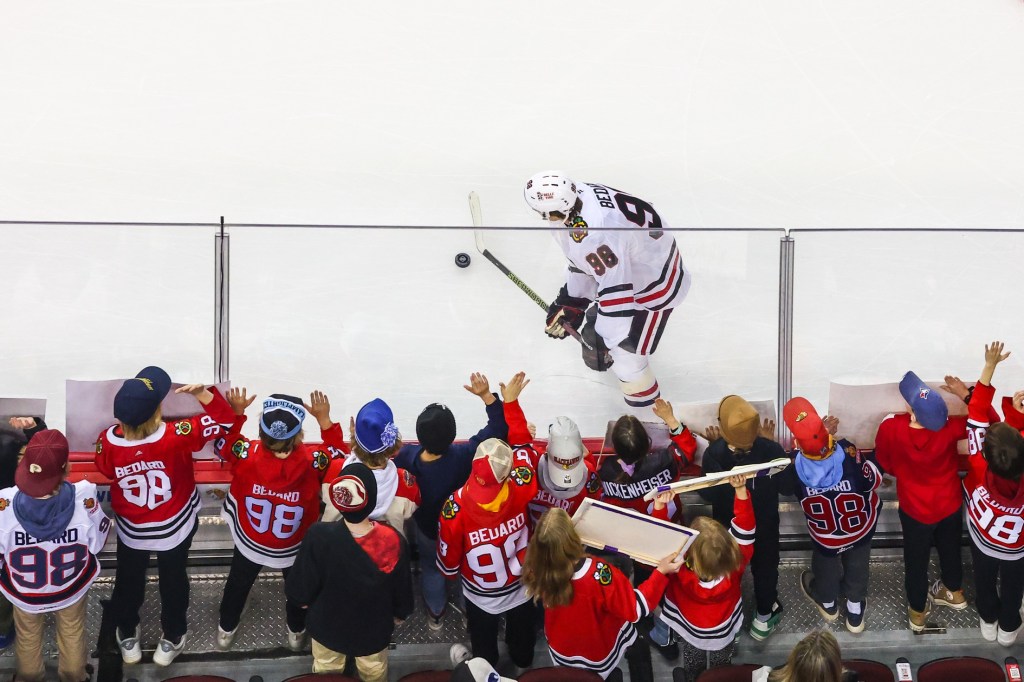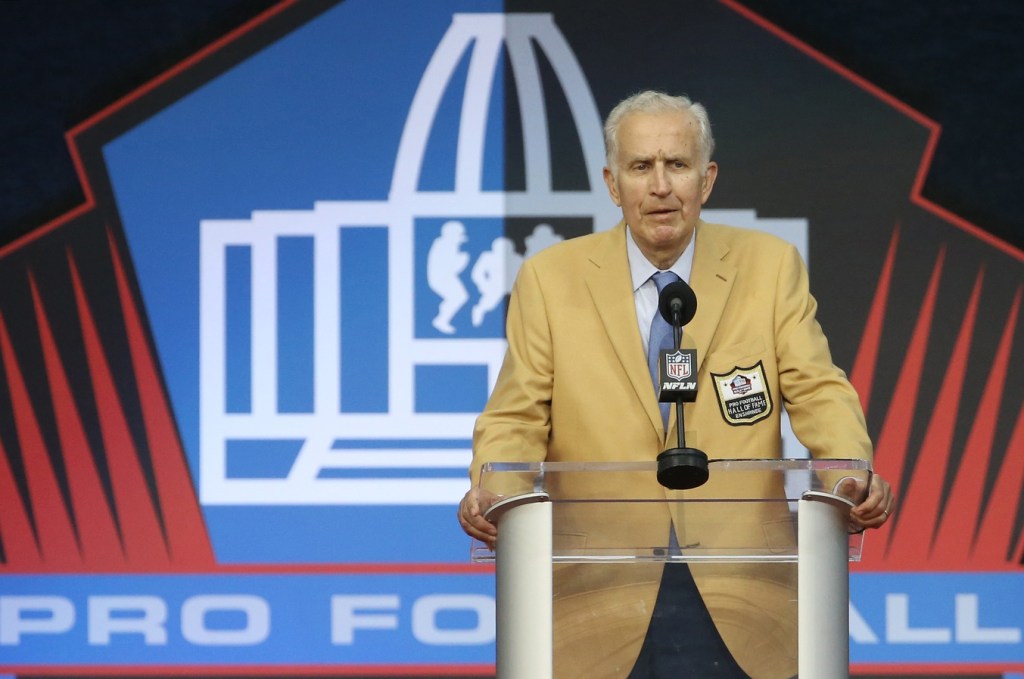A quarter of a century ago, the Arena Football League was riding so high that the NFL held an option to purchase a majority interest in the league. But the NFL’s move to not exercise that option, two bankruptcies, and years of additional turmoil later, the third attempt of the AFL is showing further issues almost immediately out of the gate.
Just since the beginning of the revived league’s 2024 schedule April 27, the AFL has faced a litany of problems that once again call the entity’s long-term survival into question. Among them:
- The Iowa Rampage folded after just one game, with team owners Trevor Burnett and Mike Taliaferro blasting league officials for failing to disclose the full costs associated with the reboot. “[Commissioner] Lee Hutton and his team have destroyed not only the revival of the AFL, but they have destroyed the hopes of players all over the U.S.,” the pair said. Hours later, the Rampage players competed in a second game, but the team is no longer listed among the AFL’s franchises.
- The Philadelphia Soul’s initial game, against the Louisiana VooDoo, involved mostly replacement players from the American Arena League 2’s Dallas Falcons in a last-minute switch after coach Pat Pimmel resigned the day before the contest and much of the original roster did not make the trip.
- The Billings Outlaws changed a Week 2 game against the Oregon Blackbears to one against the Washington Wolfpack due to concerns about unsafe field conditions at The Pavilion in Salem, Ore., including the alleged use of cattle fencing. Nonetheless, the Blackbears went on to host a game there, anyway, on Saturday against the Georgia Force. When asked how that was possible, Outlaws owner Steven Titus said, “Your guess is as good as mine.”
- Even a team fully committed to the league, the Rapid City Marshals, released a statement acknowledging they “expect to see some schedule shuffling in [the] coming weeks]” amid “complexities that have emerged.”
- The NFL Network was due to show 30 AFL games this season in a distribution deal announced in March, but no games were aired and the pact has been terminated, industry sources tell Front Office Sports. Non-payment by the AFL to a production company working with the network initially scuttled the Week 1 broadcasts, but sources said “it became quickly apparent they had much bigger issues that were likely hard to overcome,” leading to a full demise of the agreement.
- Much of the league that still exists is located in smaller markets such as Salina, Park City, and Dodge City, Kan.; Rapid City, S.D.; Odessa, Texas; and Billings, Mont.
Titus is now calling on the league’s current leadership, including Hutton, to step down from their roles.
“Some questions need to be answered sooner rather than later about what’s going on,” Titus told SWX Local Sports.
